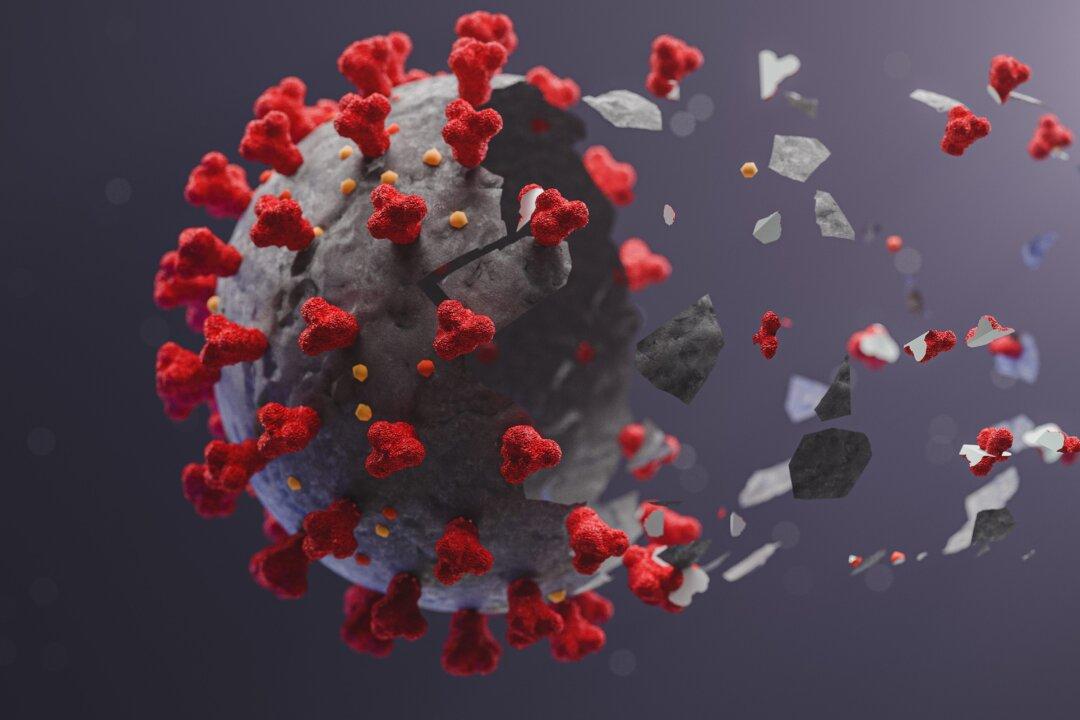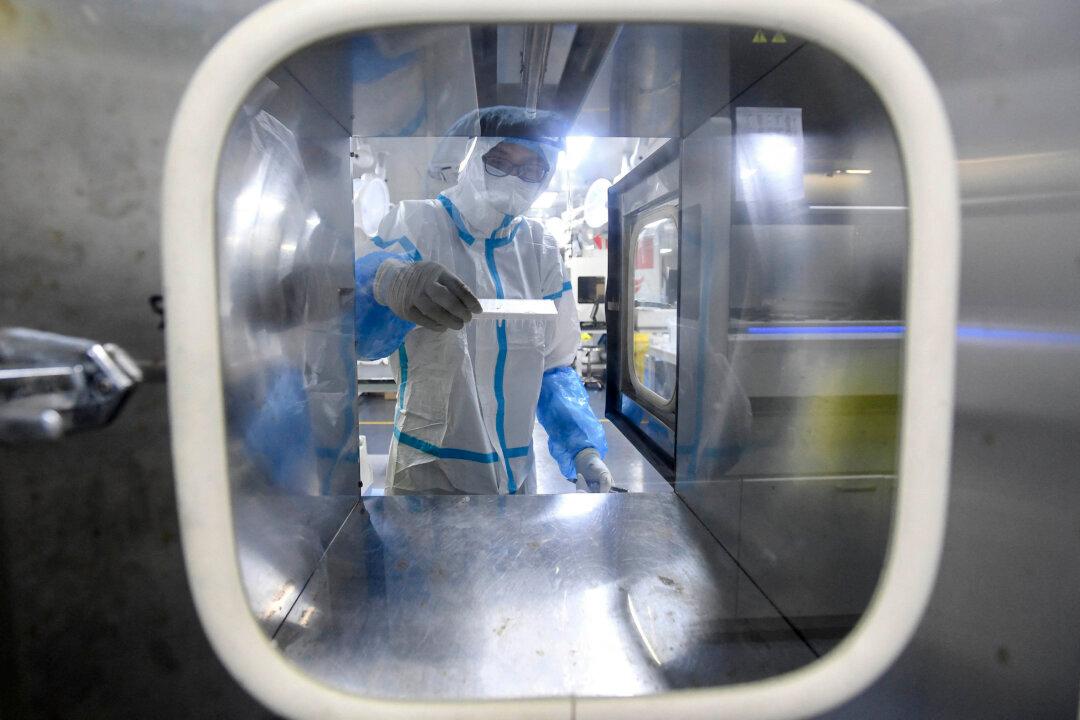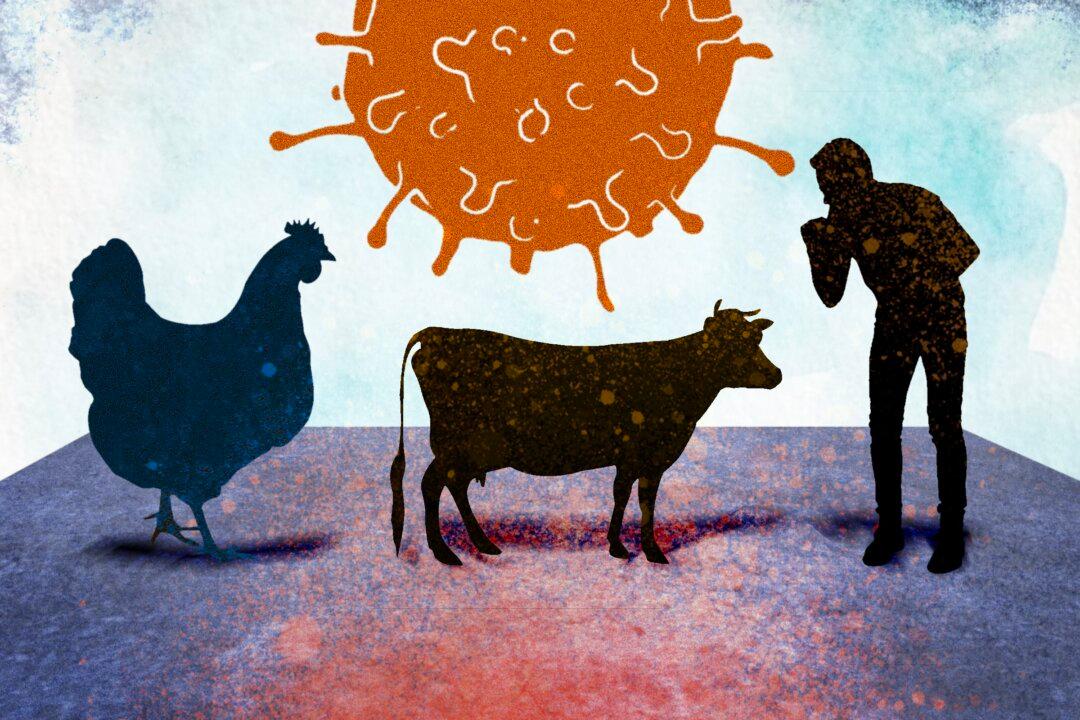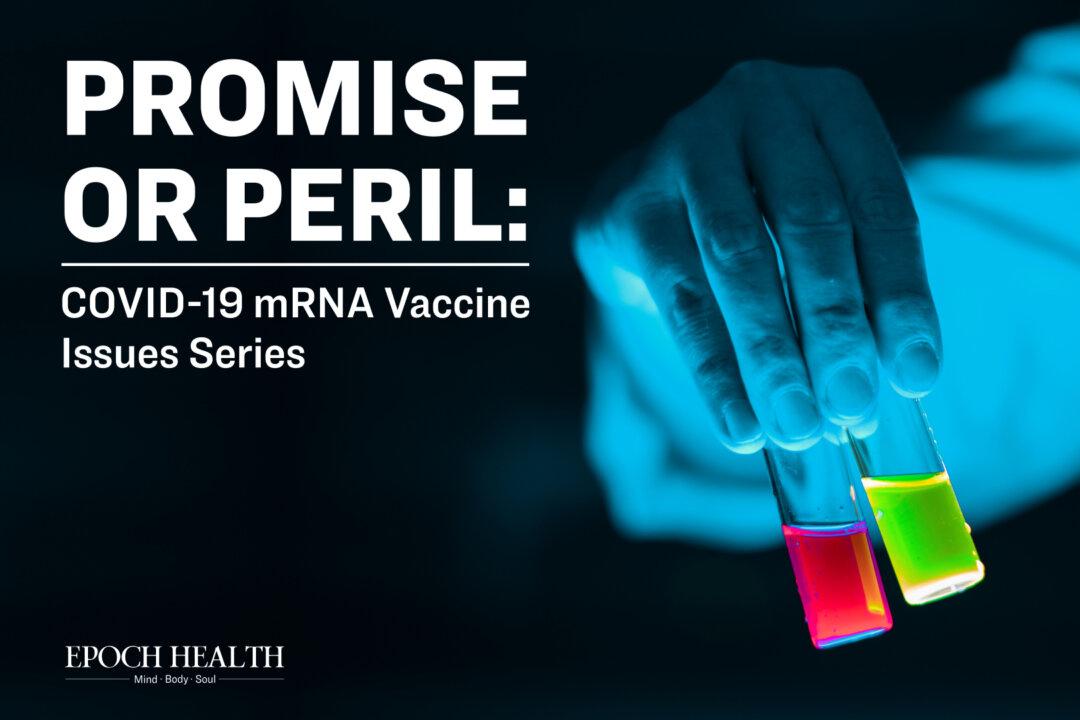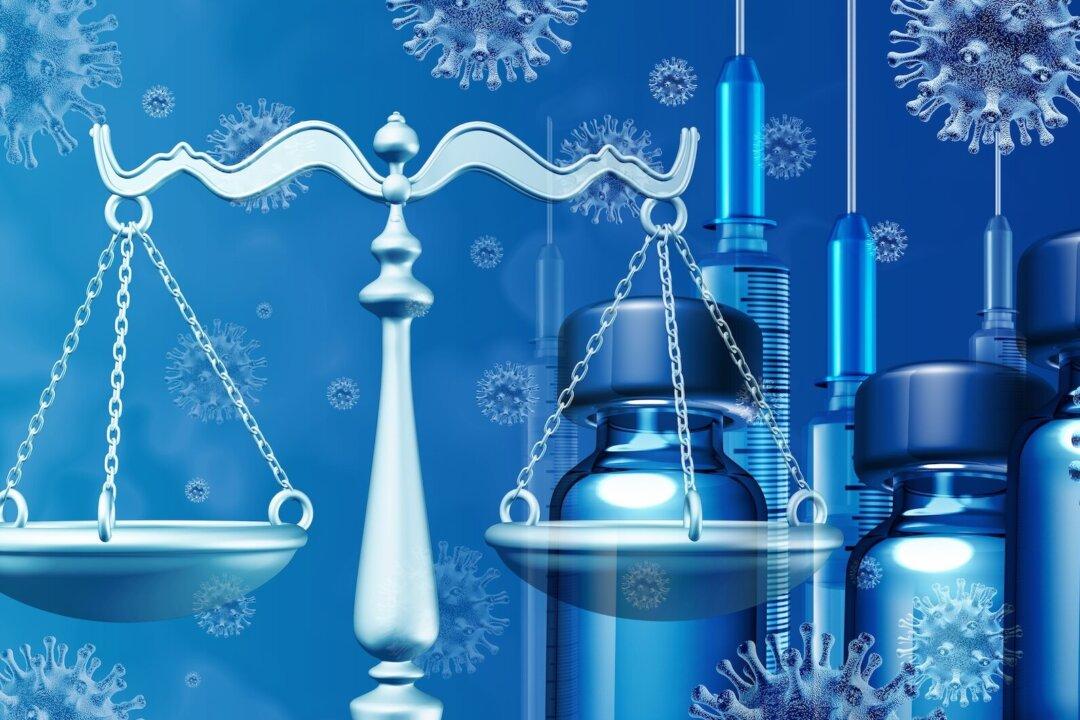Many people who are infected with COVID-19 will continue to suffer and be unable to recover completely from the disease for a long time. Some COVID-19 patients have symptoms different from those acute ones in the early stages of the disease. They are long-term, chronic symptoms, and with the amount of SARS-CoV-2 viruses constantly changing in the body, the entire recovery process also continues for a long period of time.
This is the long-term effects of the novel coronavirus, also known as the long COVID. About 10 percent to 30 percent of COVID-19 patients will develop long-term symptoms, and so far, there hasn’t been any medical explanation for this.
4 Types of People Are Prone to Long COVID
It has been found that people with the following four characteristics are more likely to develop long COVID.- High levels of SARS-CoV-2 virus in the early stages: Many people don’t experience serious symptoms. However, a small amount of viruses remain in their bodies during the virus elimination process.
- Generation of autoantibodies after infection: These antibodies do not attack the virus, but instead the patient’s own body. They do not completely stop working as the symptoms subside and continue to attack the body.
- Activation of other viruses in the body after infection with COVID-19: for example, herpes virus.
- Having an underlying disease, such as diabetes: The viruses are more likely to remain in the body for a long time due to a deficiency in the immune system.

